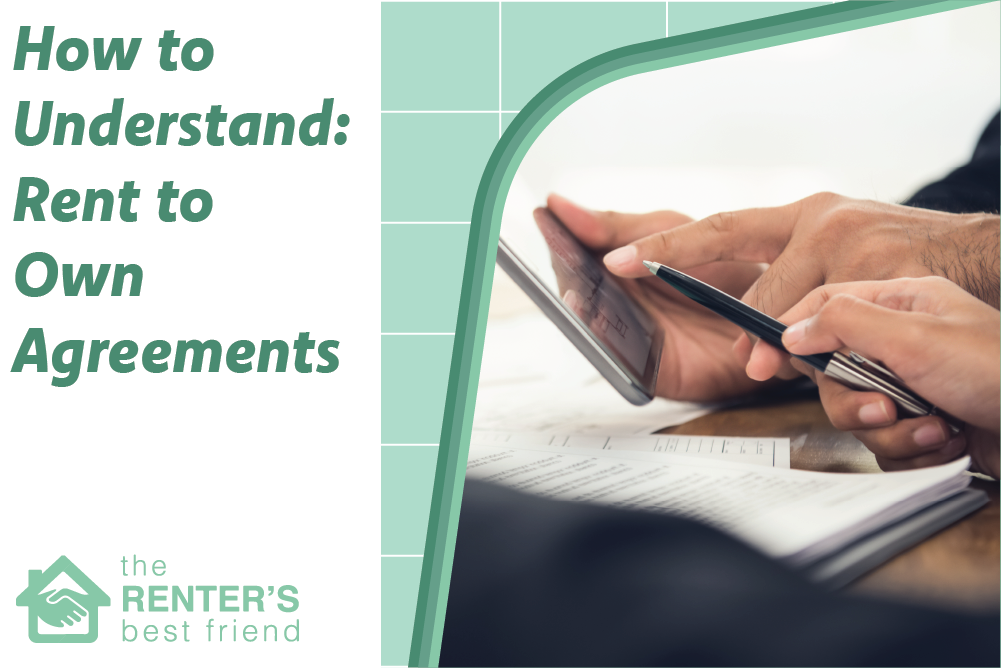It is hard to get around the fact that bad credit impacts your life in major ways. Without a shred of doubt, however, this does not become more glaringly obvious than when you go to buy a home. Buying a house is stressful enough, but it can be made even scarier if your score is less-than-ideal. Worry not, however, there are ways that you can remedy the situation you may find yourself in.
Credit Repair Guide: First Time Home Buyers
Understanding why your credit matters and the process through which you can repair it is vital, even if some of the following steps may not apply to your current financial situation. Be sure to click here to get your current credit score. If you’re a first time home buyer, be sure to take these different elements into account as you prepare to own your own home. Let’s get started.
Is it Possible to Buy a Home Despite Bad Credit?
Because the approval of your mortgage application depends on more than just your credit score, it is possible to buy a house even with bad credit. While a conventional mortgage will typically require a score of at least 620 to secure, lenders do consider other factors as well. These factors are the other considerations that most lenders take into account when appraising you for a home loan:
- Household Income
- Sizable Savings Accounts
- Debt-to-Income Ratio
- Large Down Payment
- Stable Employment History
- Credit History
Avoid approval loans that “guarantee” a mortgage regardless of your credit. These more often than not translate to highly inflated interest rates. In addition, unless it is a positive change, do not make any unnecessarily large changes to your financial standing while you are shopping around for a mortgage. Avoid getting a new car, closing out any credit cards you already have, or switching jobs.
While it is possible to purchase a home even with bad credit, it will be more difficult. And though you may manage to get approved for a mortgage loan, it is still a good idea to take the steps necessary to repair your credit to secure your financial future.
What Does Credit Repair Mean?
Credit repair is simply any means by which an individual attempts to improve their credit score. Some entries that reflect poorly on your credit score might simply be outright errors. There have been some studies that have even found that one out of every three people has at least one error on their credit reports.
By law, under the Fair Credit Reporting Act, every consumer is entitled to an accurate, fair, and fully substantiated credit report. Retrieving this report is a crucial first step in repairing your credit. It is also a free process to dispute your report with all three of the major credit bureaus. Repairing your own credit is possible, but understand that many people find that they either do not understand how to make their case, or they feel as though they simply do not have the time.
If you feel this way, a better option might be for you to hire a credit repair professional to handle your dispute. The professionals providing credit repair services have been through the process before and understand what to look out for and how to properly file any potential disputes.
As with any process involving money, there are unfortunately many scammers in this industry. Make certain to research any company you consider hiring thoroughly. Be sure to only work with a legitimate credit repair company and avoid anyone who claims they can remove verified and accurate information from your credit report.
Repairing Your Own Credit – 5 Steps
-
Research Your Current Score
Before you can even begin to repair your credit, you will need to discover the items that are lowering your score in the first place. There are three big credit reporting agencies that collect your financial data – Equifax®, Experian™, and TransUnion®. That collective data is then run through an algorithm by a credit scoring company, which then generates your credit score. The two biggest companies that are typically used for this are FICO® and VantageScore®.
Many things factor into determining this score, but below is a list of items that are arranged from “most damaging” to “least damaging”:
- Bankruptcy
- Foreclosure
- Repossession
- Loan default
- Court judgments
- Collections
- Past due payments
- Late payments
- Credit rejections
- Credit inquiries
When reading your credit report, remember that you need to look at this with a truthful frame of mind. You were there and you know whether or not you honestly missed payments. There is no reason for shame, it happens to many people. But moving forward with your credit repair journey is going to require you to face the facts about whatever condition your financial history is in.
-
File Disputes Over Wrong Information
If you discover any incorrect claims or information on your credit report, you file a dispute immediately. Not only are you entitled to do so, but when a dispute is filed with a credit bureau, they must perform an investigation into that claim. If that information or entry is found to be in error, then it must be removed from your credit report. In certain cases, this could give your credit score a large boost.
Not all three credit scoring bureaus may contain the exact same entries. So put together a separate list of any and all inaccuracies that you may find on the credit reports for each one of them. You should then send a 609 Dispute Letter (with a return receipt request) to each of the credit bureaus where you found anything amiss and ask that the incorrect information be verified. Just know that these disputes could take four weeks or more to process.
If you discover any accounts on your credit report that you do not recognize as belonging to you, you need to immediately report them to the Federal Trade Commission, as you may have been a victim of identity theft. And if protection from fraud is something you are worried about, the credit monitoring services being offered by many credit card issuers might be something to think about. Another consideration could be locking or freezing your credit, which prevents anyone from taking out additional accounts against your credit.
Make sure that you are documenting your credit repair efforts throughout this process. Keep yourself organized and hold onto all mailing receipts, as well as copies of all correspondence with the credit bureaus. Every telephone conversation that you have with a creditor or credit reporting agency should also be documented – write down the person’s name that you talked with, their position or title, their extension number or direct line, the date and time, what was discussed, and what you both agreed upon. By law, the period of the dispute is not supposed to go on longer than 30 to 45 days. If it does, you may have to prove it, and having this kind of thorough documentation would be a huge help.
-
Work Down Your Debts
Understandably, this step can be one of the most difficult to undertake, but it is also perhaps the most imperative step along your credit repair journey. It will likely take you months or possibly even years to accomplish, but once the debt that you owe has been minimized, you can begin the process of rebuilding your financial future. The amount of debt you owe accounts for almost a third of your total credit score, as reported by FICO®.
Debt consolidation is a good method for managing and paying off a number of debts at the same time. This option places all of your bills and bundles them together into a single loan that results in only a single monthly payment. Be mindful of the interest rate of whatever new contract that you are signing and make sure that it isn’t too high. You may also want to consider keeping any credit cards you currently have open and unconsolidated with this program, as the older your account is with a credit card lender the more beneficial it is for your overall credit score. If you find that you are spending too much on the cards, you should consider only using them in an absolute emergency, maybe going so far as to hide or shred the cards themselves
-
Make Mature Financial Habits Routine
Embracing your newfound honesty about your financial responsibility, identify any harmful behaviors from the past that may have placed your credit in jeopardy. Making good financial habits the norm will prevent you from ending up in the same predicament in the future.
- Strive to pay on time: By far, this has the biggest impact on your credit score and it really should become your first priority.
- Maintain a low credit card balance: Keeping your credit utilization ratio below 30% is another crucial step. Credit utilization is the amount of credit you have used when it is compared to your limit. You want to pay most or all of any big charges within a month of the purchase if you can.
- Do not over-borrow: However tempting it may be, avoid borrowing more than you can repay in a timely manner. If possible, strive to completely pay off your balances every month.
-
Laying New Financial Groundwork
Once you have managed to stabilize your credit score, you are now ready to begin laying a much stronger foundation for your financial future. Remember, it will take time for the immense amount of work you have put in to pay off, but give yourself the benefit of the doubt. Give your new accounts and strategies time to rise to the top of your credit reports. Have patience and diligence in regard to the new financial habits that you have so steadfastly honed along your journey.
If you would like to hire a professional to help you repair your credit, just click here.













